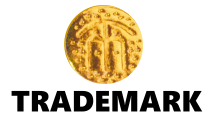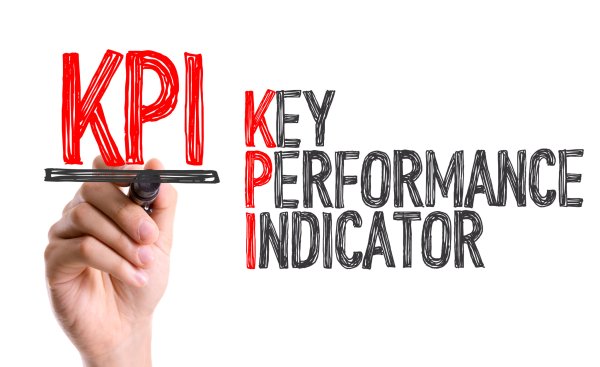The most prominent reason for state regulation is for the setting of standards, issuance of guidelines and the ultimate protection of the integrity and ideals of the profession being regulated. In the absence of state intervention, there could be a free-for-all scenario where big is might and where a level-playing field is far-fetched. State regulation does not, however, confer any iota of infallibility on the regulator.
The National Insurance Commission, NAICOM, is the state agency for the regulation of insurance in Nigeria. To regulate an industry that boasts of entrepreneurs of repute, tested technocrats, cerebral managers and some “spoilers” is not a job for the faint-hearted. The question as to who can regulate better – an entrepreneur or a technocrat – is a topic of great debate, but that is not the kernel of this piece.
One can point to a plethora of litigations against NAICOM by operators, especially from the underwriting segment of the market in the last two decades owing to one action or pronouncement of NAICOM or another. The (pending) cases filed by Investment & Allied Assurance PLC and Alliance & General Insurance Co. Ltd readily come to mind. The latter in a widely-publicised notice of intent to sue used what could best be described as uncouth language on NAICOM as an institution and on Mr Fola Daniel, the then Commissioner for insurance. What of the case filed by a group of persons under the aegis of Concerned Stakeholders especially representing AIICO during the ill-fated ‘TIER’ regime? Niger Insurance PLC and Standard Alliance Insurance PLC also have approached the courts to challenge the recent withdrawal of their operating licences.
Where is the place for consultation? Let us refresh our memories on some of the actions of NAICOM of late, reactions to them and their aftermath. On the issue of the increase in Motor insurance rates, there was consultation but no consensus before the announcement of its implementation. There were mixed reactions but most profound were in the opposition to the action. The aftermath? Relative peace has returned; NAICOM has won; the industry may be better for it at the end. Next is the tenure of CEOs and EDs. There have been no open reactions; all are muted, maybe for fear of scapegoatism. But generally, those who will move up the ladder with this guideline will be preparing for thanksgiving in the churches and mosques, although very secretly for fear of a reprimand from those preparing to go, but who are still in charge (at the moment.) NAICOM is winning this one, except something extraneous happens presently since as we say… this is Nigeria!
What of the instruction to underwriters to publish details of their unpaid (undocumented) claims in national dailies? The NIA has rejected the idea, citing a possible breach of confidentiality if the instruction were to be obeyed. The NIA, to me, and for now, has a superior argument. NAICOM should look for another tactic in achieving the objective.
Then, the increase in insurance levy from 1% to 1.5%. The reactions were loud and totally in the opposition. The aftermath? NAICOM has issued a ceasefire letter and a return to status quo before the mild crisis. Lesson? Consensus can defeat even the devil. The time for an Insurance Industry Advisory Committee is NOW!
LAST LINE: “When we long for life without difficulties, it reminds us that oaks
grow strong in contrary winds and diamonds are made under
pressure.” – Peter Marshall



